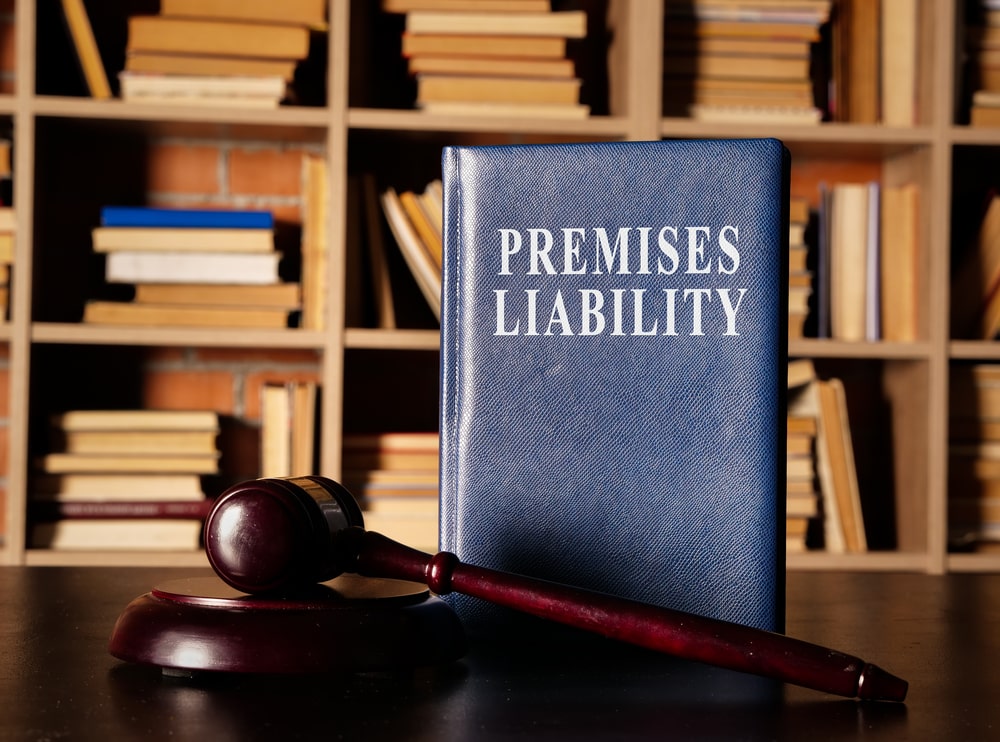Premises liability is a legal concept that refers to the responsibilities of property owners to prevent injuries to visitors on their property. This includes ensuring that the property is safe for visitors by performing regular maintenance and addressing potential hazards promptly. The introduction of video surveillance systems has become increasingly important in maintaining safety and security on properties. These systems not only help deter criminal behavior but also provide a documented account of events in real time, which is crucial in the context of liability and legal accountability.
When an incident occurs, determining whether it could have been prevented and whether the property owner took reasonable steps to ensure safety is critical. Security cameras are pivotal in providing clear evidence that can illustrate the conditions and actions leading up to an accident. This footage can either support the property owner’s claim of taking reasonable safety measures or reveal negligence in addressing known hazards, heavily influencing the outcome of liability claims.
For legal professionals like Ted A. Greve & Associates, security camera footage provides a factual basis to build or defend a case. The admissibility of this evidence in court depends on how it was collected and stored, ensuring the footage is clear, accurately timestamped, and protected from tampering. Additionally, the placement of cameras must comply with legal standards, balancing effective surveillance with privacy rights. A skilled premises liability lawyer can answer questions regarding the eligibility of security camera footage.
Various real-world cases highlight the significant impact of security footage on premises liability claims. In some instances, footage has exonerated property owners by demonstrating they had no knowledge of a hazard or that the hazard was created by the plaintiff themselves just before the incident. Conversely, footage has also shown property owners were aware of a dangerous condition and failed to address it, typically resulting in a judgment favorable to the plaintiff.
To make the most out of their security systems, property owners should adhere to several best practices. It is crucial to ensure that surveillance systems are regularly inspected and maintained, footage is securely stored to comply with legal standards, and the privacy rights of visitors and employees are respected. Clear signage should inform visitors about the surveillance, and footage should be regularly reviewed to identify and mitigate potential hazards.
Moreover, security cameras can influence the legal landscape beyond mere liability. They can also impact how insurance claims are handled and assessed. Insurers often look to camera footage to determine the veracity of claims and to check for possible fraud. This makes the installation of cameras a potentially insurance-premium-reducing measure, which can be a significant financial consideration for property owners.
As technology evolves, so too do the quality and capabilities of security cameras. Modern systems can feature high-definition video, facial recognition technology, and integration with other security measures like alarm systems and mobile alerts. These advancements not only enhance the ability to monitor and secure properties but also provide property owners with greater control and insight into real-time events on their premises.
However, with these technological advancements come greater responsibilities. Property owners must be vigilant about the ethical implications and privacy concerns associated with surveillance. Owners need to strike a balance between enhancing security and maintaining the trust of those who visit or live on their properties. This includes being transparent about the use of cameras, the areas under surveillance, and how footage is used and stored.
The effectiveness of security cameras in premises liability cases also depends on the judicial system’s perception and acceptance of electronic evidence. Courts are increasingly recognizing the validity of video recordings in establishing facts, but still require that such evidence be presented with a clear chain of custody and without any indication of tampering.
As security technologies continue to evolve, their integration into legal strategies and property management will likely deepen, making them an indispensable tool in premises liability cases. For property owners, staying informed about the latest developments in surveillance technology and legal requirements is essential to effectively managing their properties and reducing liability risks. This proactive approach not only safeguards the property and its occupants but also ensures a robust defense should a liability claim arise.

